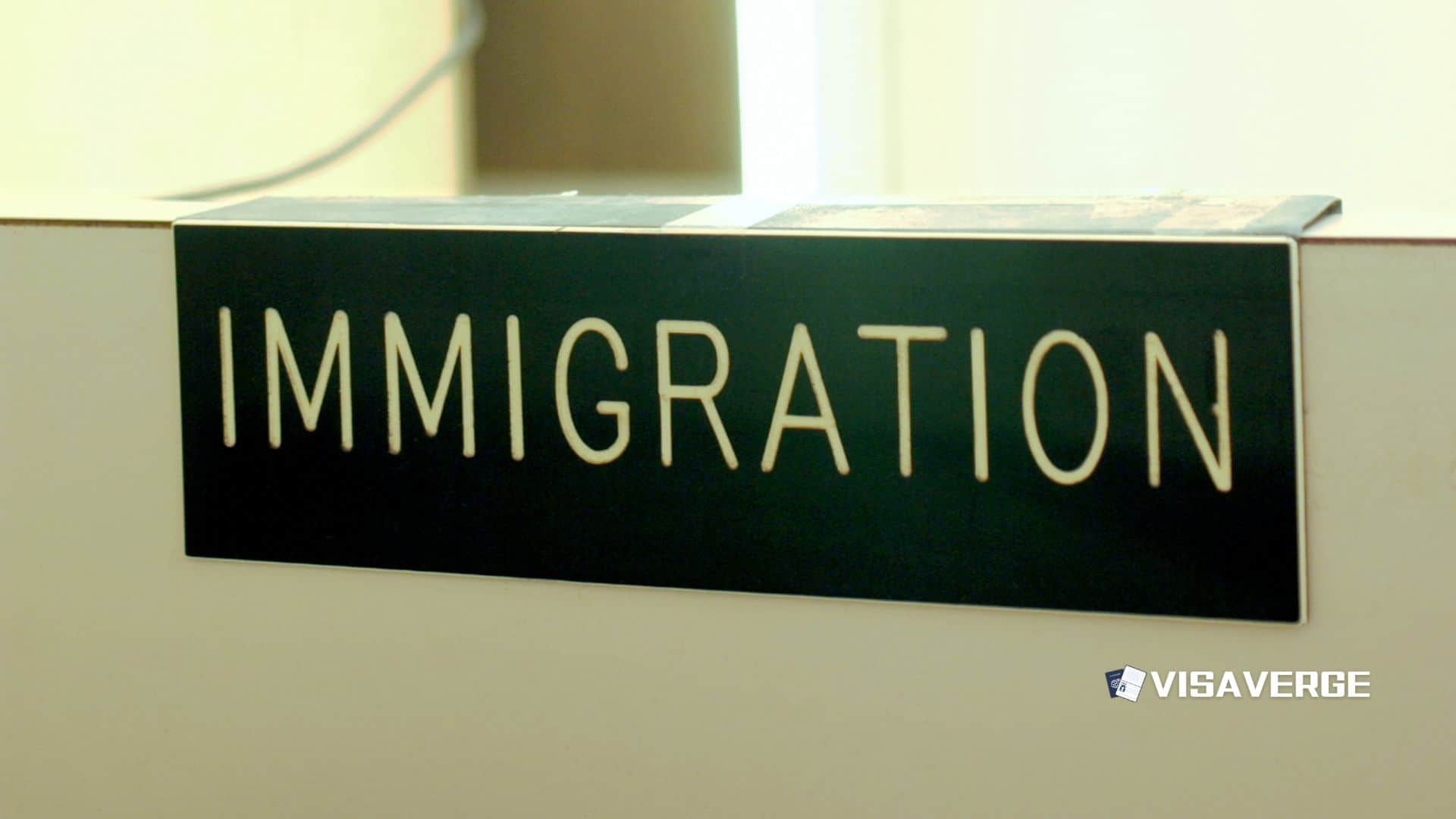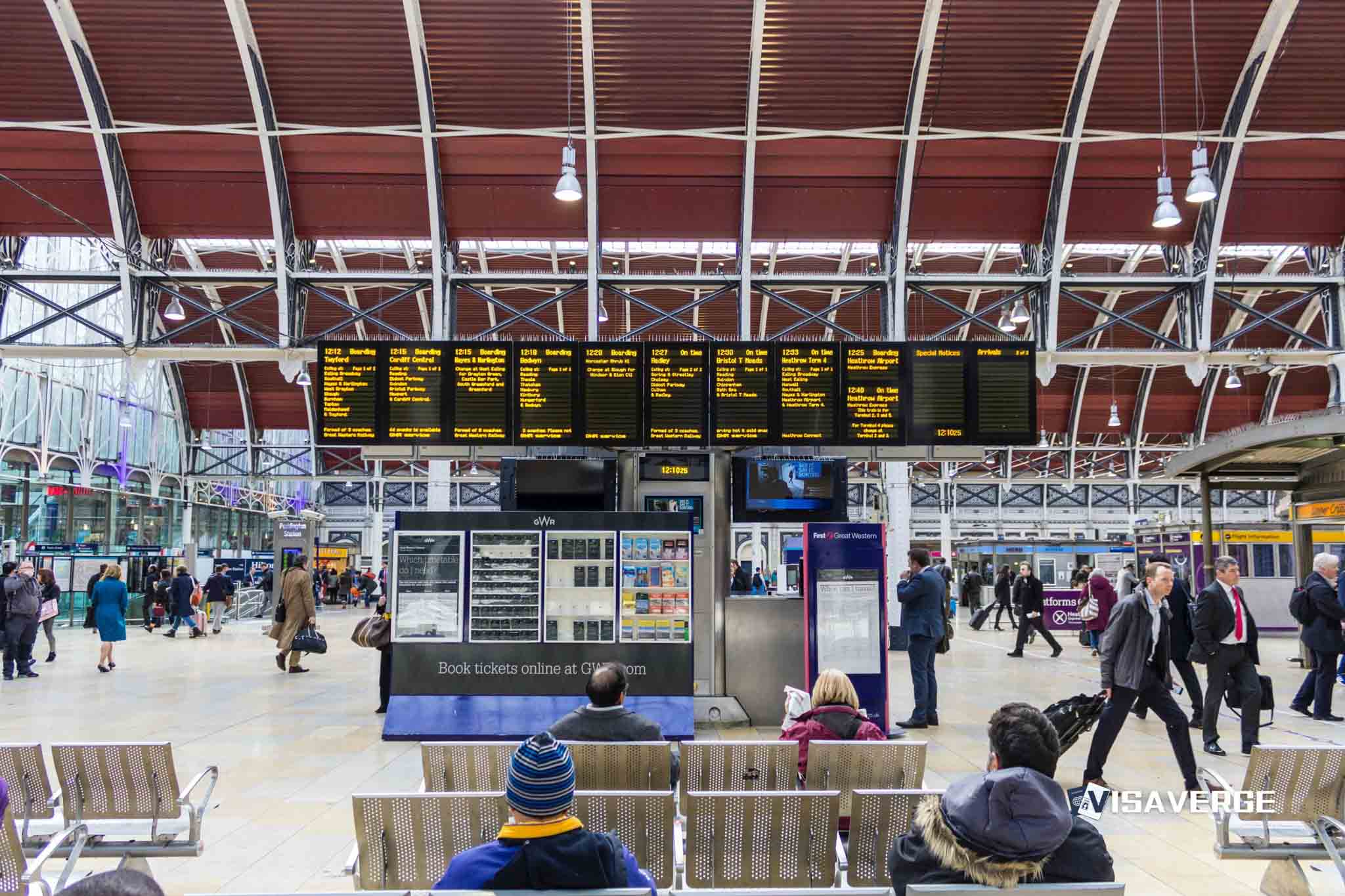Key Takeaways
• Dublin rents are €1,500–€2,400+ monthly; smaller towns may offer options under €700.
• Have visa proof, references, passport, and income documentation ready before contacting landlords or agents.
• Most Irish rentals are furnished and require a one-month deposit plus first month’s rent up front.
Finding a place to live in Ireland 🇮🇪 can feel challenging, especially for an American expat. The rules may seem familiar but the market and unique Irish factors set it apart from finding a home in the United States 🇺🇸. This guide explains the process step by step. You’ll find helpful information to make your search easier, from the first steps online to understanding your rights as a tenant. You’ll also learn how the culture and market in Ireland 🇮🇪 might surprise you, and what you can do to adjust smoothly. Whether you plan to rent or buy, being prepared can help you avoid common problems many expats face.

Introduction: Why Housing Search Matters for American Expats
If you’re moving to Ireland 🇮🇪 for work, study, or a new adventure, finding housing is one of the first things you need to do. Irish cities, especially Dublin, have high demand and limited supply in the rental market. The process can feel frustrating, but acting quickly and knowing the key steps can improve your chances. For anyone coming from the United States 🇺🇸, the housing process will seem similar in some ways, but there are important differences to understand.
1. Finding Housing Listings Online
Most rental properties in Ireland 🇮🇪 are listed online. The main websites are:
- Daft.ie
- Rent.ie
- MyHome.ie
For those who need a place just for a short time—like while you hunt for something permanent—look at Airbnb or VRBO. Students may also find listings on their university’s portal. On these sites, you can search by:
- City or neighborhood
- Type of home (apartment, semi-detached house, etc.)
- Price range
- Number of rooms and bathrooms
- Whether the place is furnished or not
This wide choice lets you focus your search based on budget and personal needs.
Tip: Check frequently and act fast. Good properties get many inquiries and may be rented out in just a day or two.
2. Prepare All Necessary Documents In Advance
One of the most common problems for American expats in Ireland 🇮🇪 is being caught off guard by what landlords expect. You should have the following ready before you contact anyone:
– Proof of your visa or legal right to live in Ireland 🇮🇪 (needed if your stay is over one year).
– Reference letters from past landlords. If you haven’t rented before, use references from employers or former neighbors.
– A copy of your passport or official photo ID.
– Proof of income, such as pay slips or an employment contract. If you’re a student, your acceptance letter from the school often helps.
– Some landlords may ask for a credit reference or bank statement.
When you have these documents prepared, you look organized and ready. This can make a landlord more willing to rent to you, even if you are new to the country.
Caution: If you show up to a viewing without these papers, another applicant may be chosen instead—even if you want to sign immediately.
3. Decide Whether to Use an Estate Agent
Online listings cover most of the market, but estate agents (called “letting agents” in Ireland 🇮🇪) can be a help. This is especially true if:
- You are not familiar with Irish rental practices.
- You don’t have time to check online sites yourself.
- You prefer help dealing with contracts or viewings.
Estate agent fees are normally paid by the tenant, not the landlord. Ask the agent in advance about all costs. Some agents also help with negotiations or can alert you to new listings before they appear online.
Tip: Estate agents can sometimes get you appointments to view properties that are not yet public. This can help you find housing before others do.
4. Budget for Irish Rental Prices
Prices for rentals in Ireland 🇮🇪 change a lot depending on location. According to Daft.ie and expat guides:
- Dublin: €1,500–€2,400 (or more) per month for a one-bedroom apartment. Dublin is the most expensive area and competition is highest here.
- Cork & Galway: These cities are a little less expensive, averaging €2,000–€2,200 per month for central locations.
- Other towns or rural areas: Some smaller towns have options for less than €700 per month, but choices may be few.
Besides monthly rent, you’ll usually pay a security deposit equal to one month’s rent. In some cases, landlords want two months’ rent at signing, plus the first month in advance.
Don’t forget about monthly utilities. In Dublin, costs for heat, electricity, trash, water, and internet average €260 per month—but may rise in old or large homes.
Important: Calculate all monthly costs, including food and travel, to understand what you can afford on your current income or savings.
Common mistake: Focusing only on rent without including deposit, utilities, and moving costs can lead to money trouble after you sign your lease.
5. Try Cheaper Housing Options
Ireland’s high housing costs can be tough, but there are ways to make it more affordable:
- Shared Housing (Flatshares): These are very popular with students and young professionals. You get your own bedroom but share a kitchen and living space. This method can lower your rent by half—or more—and helps you meet people quickly.
- Suburbs or Small Towns: Living just outside city centers can sometimes mean a much cheaper rent. Trains, buses, and bike-friendly areas make commuting easy in many locations.
- Temporary Options: Some expats and students start with a short-term room or an Airbnb while they explore neighborhoods. This lets you see different areas in person before you commit.
Note: Being open-minded about where you live, or willing to share with roommates, can help you find a place faster and save money in the Irish market.
6. What Kinds of Homes Can You Expect in Ireland 🇮🇪?
When searching for housing, be aware of the main types you’ll find:
- Apartments/Flats: Most common in cities. Usually one to three bedrooms.
- Semi-Detached Houses (“Duplexes”): Two homes connected by one wall.
- Terraced Houses (“Row Houses”): Several houses in a row, sharing side walls.
- Detached Homes: Stand-alone houses, usually outside city centers.
- Bungalows: Single-floor houses, often in rural or suburban areas.
In big cities, most housing is apartments. In more rural areas, you’ll find more houses and perhaps larger gardens.
Furnished vs. Unfurnished:
– Most city apartments come furnished (basic beds, sofas, kitchen gear). These cost 10–20% more in rent.
– Unfurnished homes are less common and require you to buy everything yourself.
Tip: If you are bringing family from the United States 🇺🇸, check if the homes are child-friendly, such as having enough space or being close to schools.
7. Understand Lease Terms and Your Rights as a Tenant
Irish rental agreements come in several lengths. Some are just a few months, but most are for one year. Before you sign, always:
- Read all the terms of the lease. Check the length, notice period, and any limits on guests or pets.
- Make sure you know the rules on breaking your lease early.
- Ask about how much notice the landlord must give you to visit or inspect (usually at least 24 hours).
Legal Protections:
– Landlords cannot reject you because of your nationality.
– If you pay your rent and follow the rules, you have a right to live in the property until the lease ends.
– Your deposit must be returned if you have not broken the lease or damaged the property.
If your landlord refuses to repair the home or tries to force you out early for no reason, you can ask for help from the Residential Tenancies Board, the official government body that manages rental disputes.
8. Irish Housing Culture: What’s Different for American Expats?
American expats often notice that homes and apartments in Ireland 🇮🇪 have:
- Smaller rooms: You may find less space than in U.S. homes.
- Different heating: Many use radiators instead of central air heating or cooling.
- Limited insulation: Older buildings can be cold in winter and need extra heating.
- Orientation: South- or west-facing windows get more sunlight, a good thing during gray Irish winters.
- Security: Ground-floor apartments can have higher insurance rates because of a bigger risk of break-ins.
Adjusting to these differences takes time. Many expats find it helps to arrive a few weeks before their work or studies begin. They can then visit neighborhoods, meet landlords, and pick up small items for their new home.
Tip: Book a short-term rental for your first 2–4 weeks. This lets you do in-person viewings, which are usually required by Irish landlords.
9. The Option to Buy Property
If you plan to stay long-term, buying a home in Ireland 🇮🇪 is possible. American expats do not face special restrictions. The process is a lot like buying a home in the United States 🇺🇸, with a few extra steps:
- Use property sites like Daft.ie, MyHome.ie, and big Irish agencies such as Sherry Fitzgerald.
- Hire a local solicitor (lawyer) to manage contracts and transfer property deeds.
- Expect to pay taxes and legal fees on top of the purchase price.
Caution: Professional advice is always necessary for foreign buyers, because of the unique paperwork and local taxes.
10. Checklist for American Expats Moving to Ireland 🇮🇪
Before you arrive or start house-hunting, make sure you:
- Have all your paperwork and proof of visa/residency ready.
- Prepare references and copies of ID.
- Know your budget, including deposit and utility costs.
- Search daily on trusted sites (like Daft.ie and Rent.ie).
- Consider using an estate agent if you feel unsure of the process.
- Look at areas outside the city centers for better value.
- Be open to flatshares or temporary housing to speed up your search.
- Plan at least a few weeks for your search and viewings upon arrival.
Following these steps improves your odds of finding a good home and settling smoothly in Ireland 🇮🇪.
After Securing Your Housing
Once you have signed your lease or bought your home, the next steps usually include:
- Registering your address with local authorities, if required by your visa.
- Setting up utilities (electricity, gas, water, internet).
- Getting home or renters’ insurance.
- Exploring your neighborhood and connecting with local expat or community groups.
Having a safe and comfortable home is the base for your new life. Many American expats report that once housing is sorted out, the rest of their transition is much smoother.
Additional Help and Resources
Finding reliable, up-to-date help is important anytime you have questions. The Irish government’s Residential Tenancies Board offers guidance in English for tenants and landlords and explains your rights in simple language. As reported by VisaVerge.com, many expats also join Facebook groups or online forums for real-time advice and tips from those who have gone through the process.
Conclusion: Settling In as an American Expat
As an American expat, searching for housing in Ireland 🇮🇪 isn’t always easy. The demand is high, and things may work differently from how they do back home. But with early planning, steady searching, and a flexible approach, you can find a home that supports your new life abroad.
Remember to use trusted Irish housing sites, have your documents in order, and be ready to act quickly. Understand what you truly need versus what you can compromise on—like location or having housemates. And don’t be afraid to ask for help or use a local estate agent if you feel unsure.
Once you settle into your Irish home, you’ll be able to focus on enjoying the country’s beauty, rich history, and friendly culture. Being prepared for the housing market is the key first step to a happy move as an American expat in Ireland 🇮🇪.
Learn Today
Letting Agent → A licensed professional in Ireland who helps tenants find homes, manage viewings, and handle contracts. Fees usually apply.
Proof of Visa → Official document showing you have the legal right to live in Ireland for work, study, or residency purposes.
Security Deposit → A sum equal to a month’s rent (or more) paid upfront to cover potential damages or unpaid rent.
Flatshare → An arrangement where tenants rent a private room and share common spaces, like kitchen and living area, with others.
Residential Tenancies Board → Irish government agency responsible for resolving rental disputes and protecting tenant and landlord rights.
This Article in a Nutshell
For American expats, finding housing in Ireland requires quick action, preparation, and flexibility. Online searches, paperwork readiness, and understanding unique Irish market aspects are essential. Rental terms differ, and prices are high in cities like Dublin. Licensed agents, shared options, and early planning can help expats secure comfortable homes efficiently.
— By VisaVerge.com
Read more:
• Irish citizenship: How your ancestry could open doors to Ireland
• Ireland Immigration System Updates Employment Permits Platform
• Ireland’s Foreign Affairs Department Cautions Travelers to the US
• James Lawless Addresses Concerns on Indian Students in Ireland
• Ireland Draws Over 9,000 Indian Students This Year













